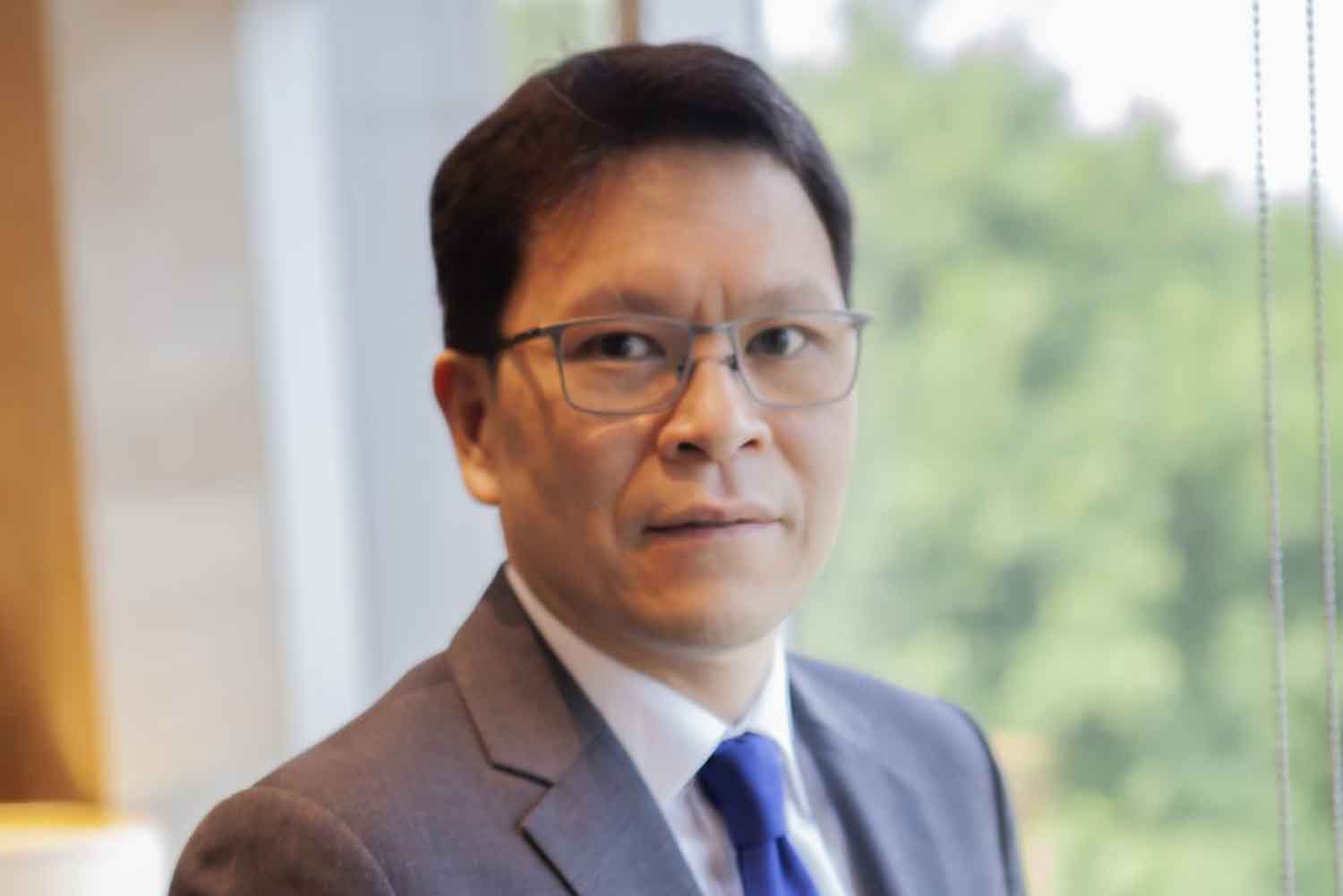
The government needs to address seven pressing issues in its new national economic and social development plan, says Veerathai Santiprabhob, former governor of the Bank of Thailand.
He made the remarks on Wednesday at the annual meeting of the National Economic and Social Development Council (NESDC).
The first pressing issue is bloated state agencies and state enterprises, resulting in ballooning state budgets, Mr Veerathai said.
The second is disparity, especially in the educational system and the competition gap between small and medium-sized enterprises and large corporates.
The third issue is the country's competitiveness in the global value chain. He said many countries have made agreements to join free trade pacts, including the Comprehensive and Progressive Agreement for Trans-Pacific Partnership (CPTPP).
Thailand has yet to decide whether it will join the CPTPP. This could result in Thailand becoming less interesting in the eyes of foreign investors as the country's domestic market is still small, said Mr Veerathai.
The fourth issue is the generation gap. If the government cannot find common ground between the generations, this could impede the country's development, he said.
The country should also focus more on human resource development, particularly in the science and technology domain, Mr Veerathai said.
Moreover, it should create an ecosystem to allow the country to maximise advanced technology.
The final issue is severe corruption.
He said a draft of the 13th economic and social development plan placed less stress on tackling social problems, especially those regarding the education system, corruption and poverty in urban areas.
The government should also seriously promote its plan to develop as an electric vehicle (EV) production hub because cars powered by fossil fuels look set to be phased out of the global market over the next two decades, said Somphote Ahunai, chief executive of renewable energy developer and EV assembler Energy Absolute Plc, who was a panellist.
Making Thailand a centre of EV manufacturing in Asean is among 13 milestones set by the Office of the NESDC, which hosted the seminar.
More investments in the EV industry will be determined by local demand and the availability of EV infrastructure, said Mr Somphote.
He suggested the government stimulate EV industry growth by considering enforcing a law requiring all public transport vehicles and state-owned vehicles to be powered via batteries.
"Public transport vehicles do not need as many EV charging outlets as personal cars, but these large vehicles need more batteries," said Mr Somphote.
He believes use of EVs in the public transport sector is a way to accelerate EV demand.
The National EV Policy Committee set a goal in March to have 50% of vehicles made locally be EVs by 2030, part of an ambitious state plan to make Thailand a regional EV production hub.